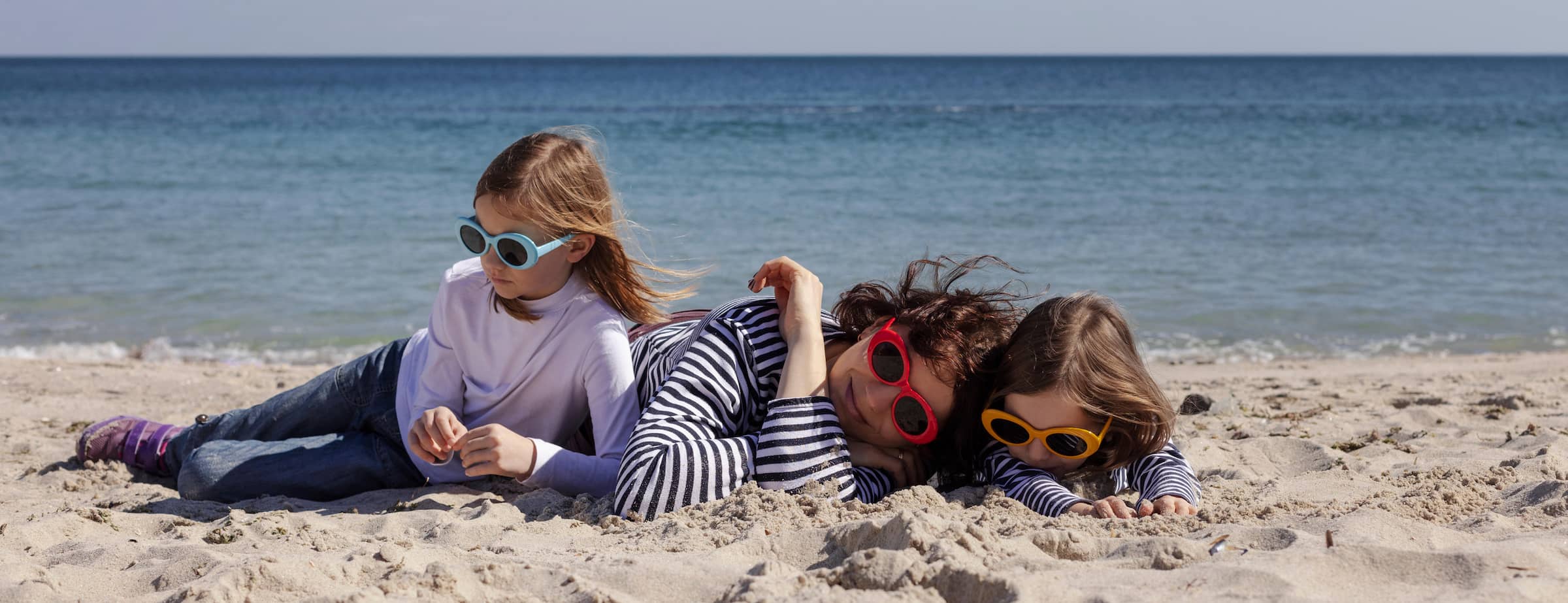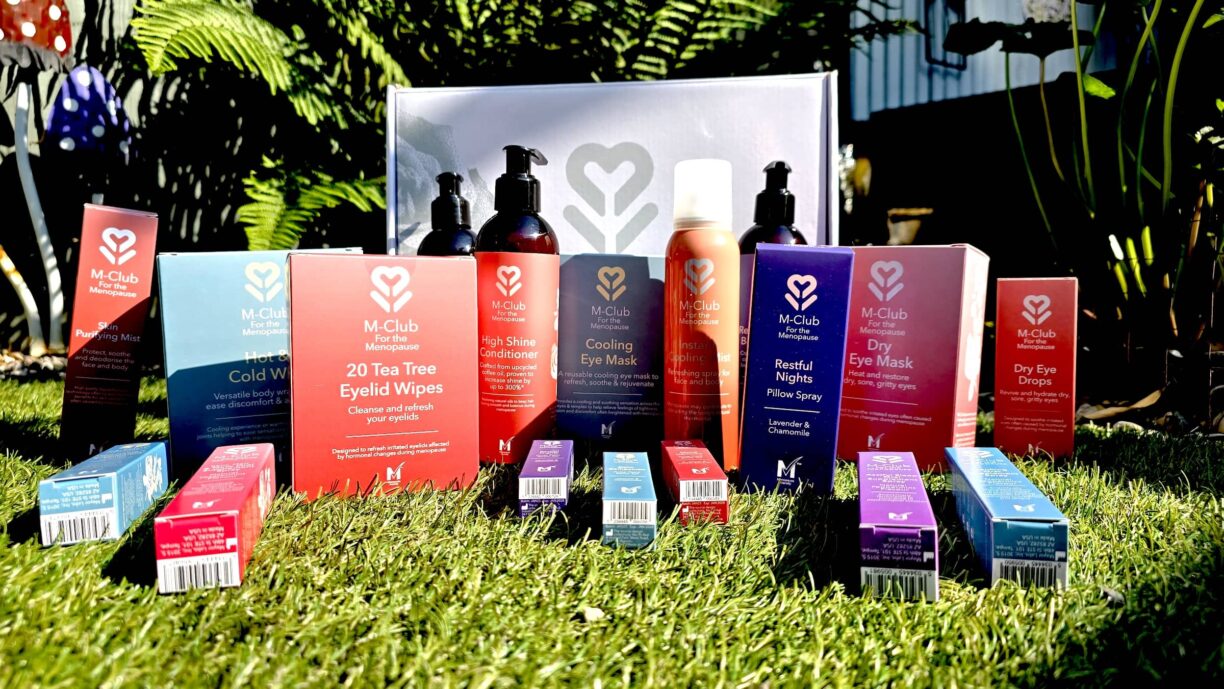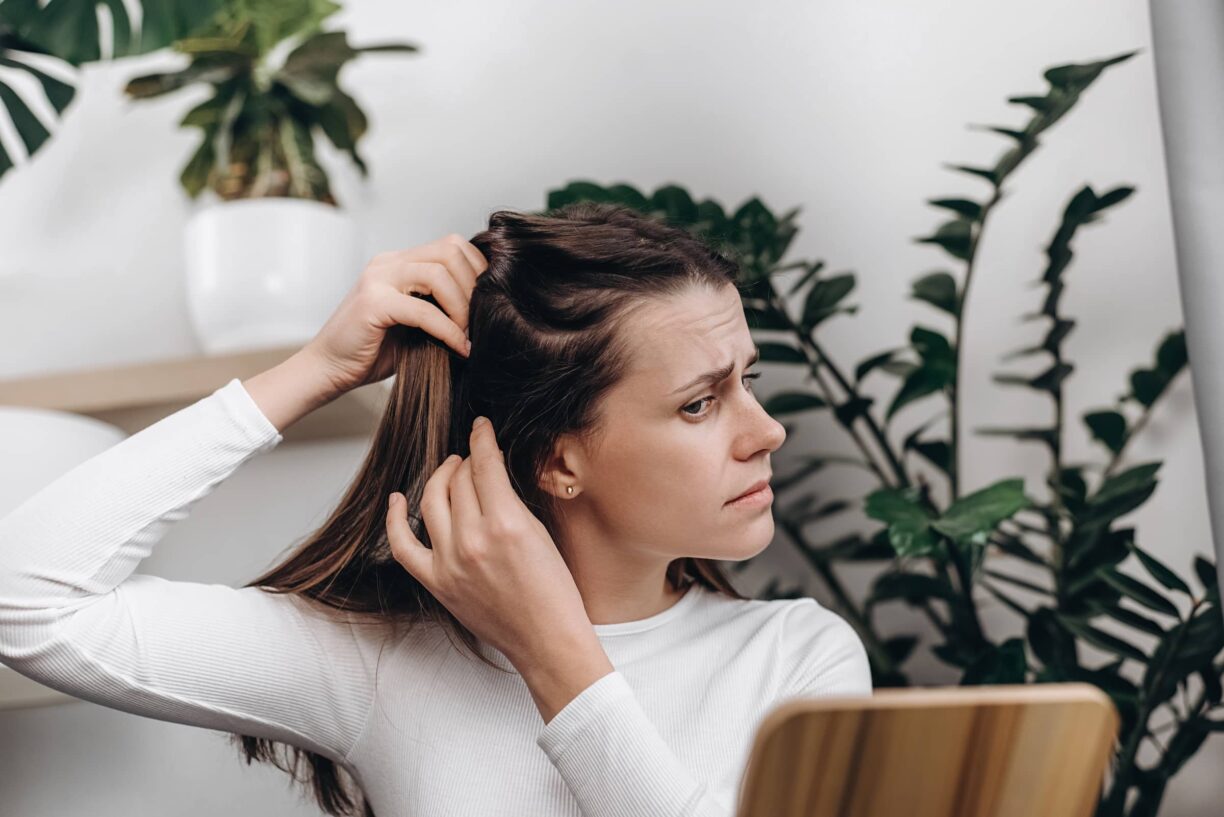The sun is shining, you’re lying on a lounger by the sea, nose buried in an unputdownable novel, hand clutching a cool beverage, while the kids laugh and frolic nearby…
That’s how we might envision the perfect family holiday, yet the reality is often rather different.
After lugging mountains of toys, towels, snacks, sun-cream and the million of beach essentials, you’re wedged in amongst hordes of other holidaymakers, miles from the sea, and your little darlings are already rowing about who gets to play on the bodyboard first.
Holidays are supposed to be about rest and relaxation for all the family, but do the parents of small children ever really get a break?
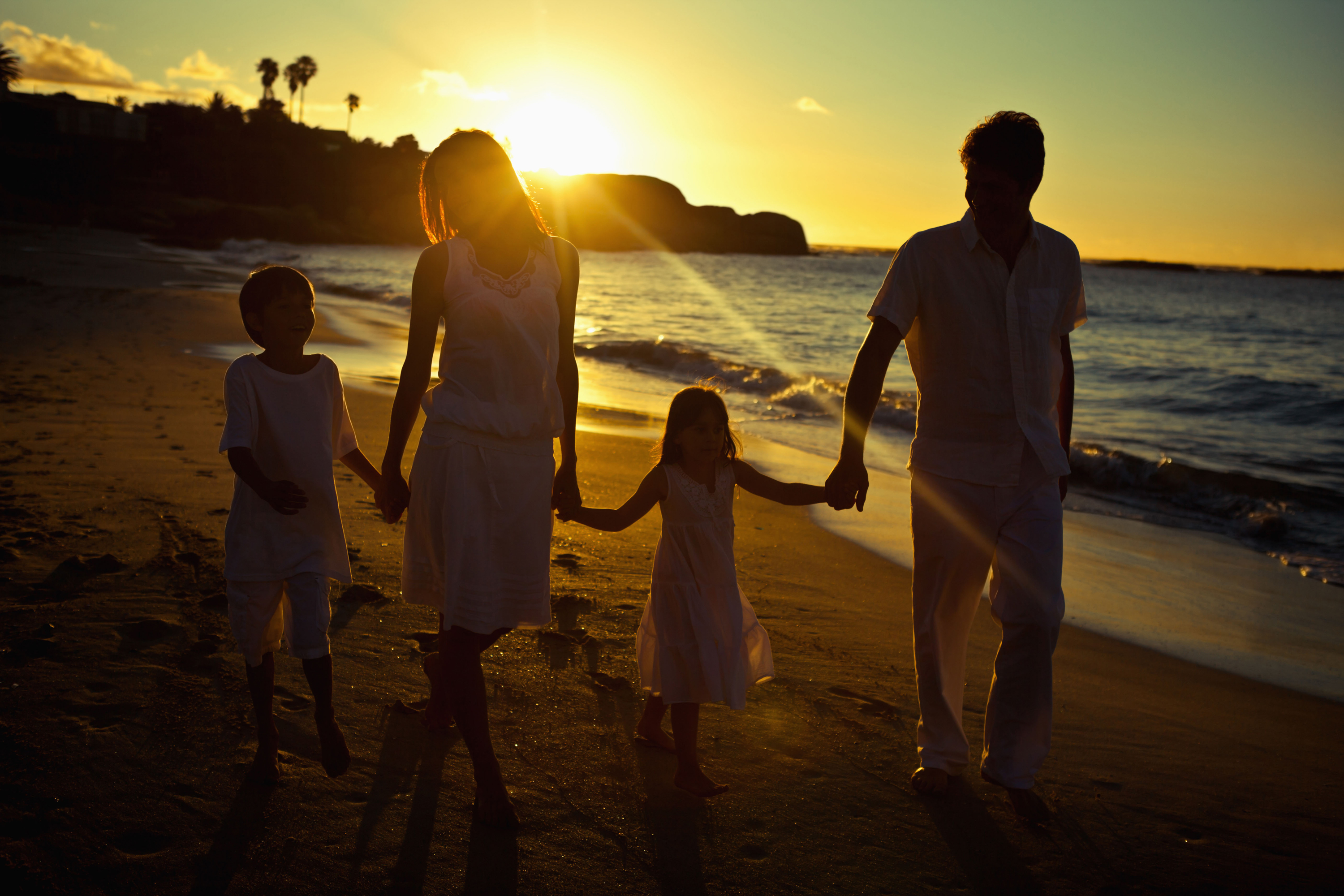
“I’m sure most people will agree that holidays with children are very different to the holidays they had pre-children,” says Georgina Durrant, author of 100 Ways Your Child Can Learn Through Play.
“If you’ve not got the luxury of a live-in nanny or hands-on grandparents who can come along to help, then you’re unlikely to be able to spend hours lounging on a deckchair in the sun.”
But there are ways to help make sure mums, dads and guardians get some ‘me time’ on holiday as well, and don’t come home more exhausted than when they left.
“Once you embrace this new holiday reality,” says Durrant, “a trip with the children can be just as much fun, if not more fun – just in a slightly noisier and more chaotic way!”
Travelling with tots
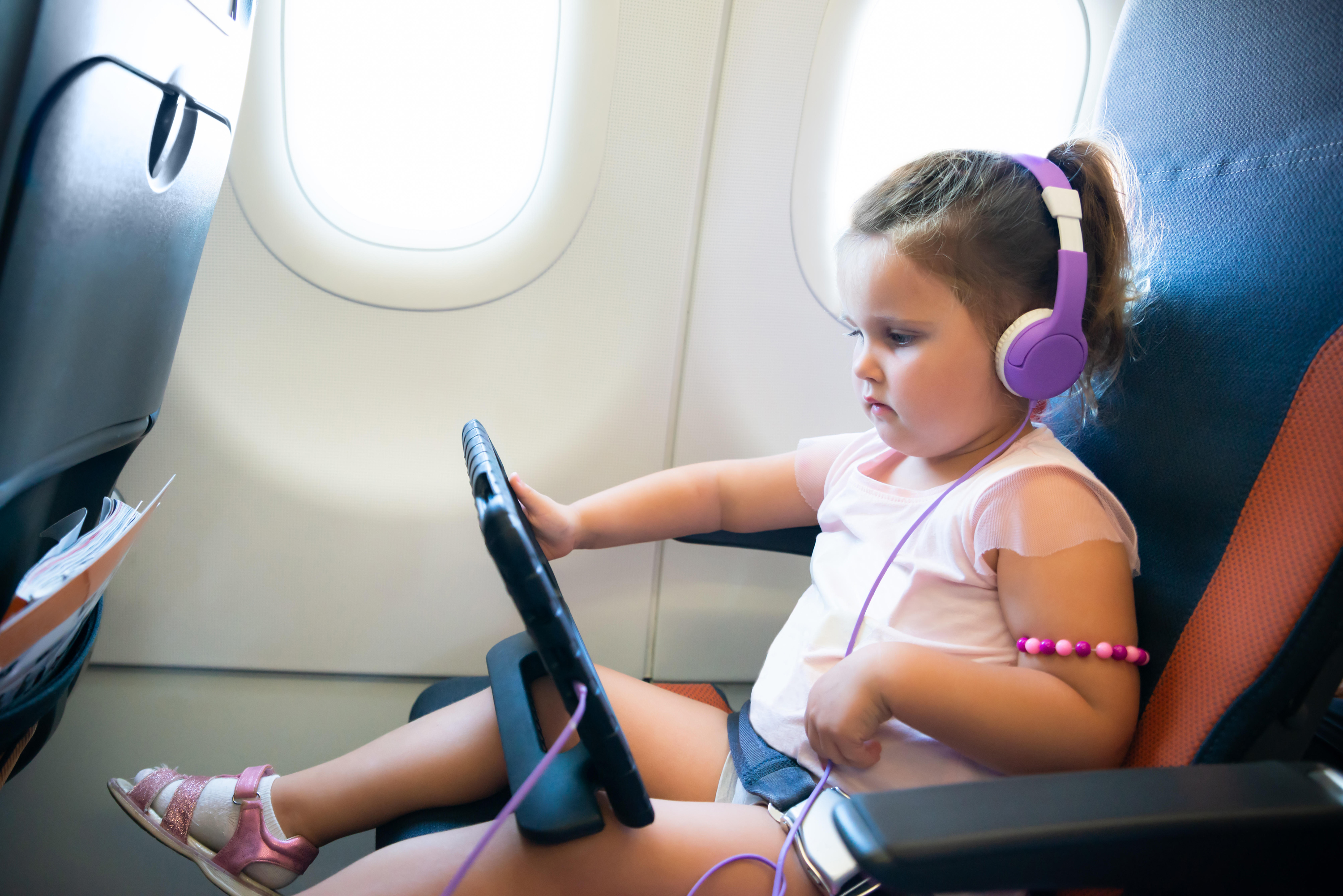
Even a short flight means lots of waiting time at the airport, while long car journeys can leave children feeling bored and grumpy.
“There’s going to be tricky time, but have lots of activities up your sleeve ready to make it fun for everyone,” Durrant suggests.
“Pack in your hand luggage activities they can do on the flight (colouring, cards, drawing, reading) and have a think beforehand of some play-based activities/games they can do whilst sitting still.
“For example, things like playing ‘sound bingo’, where you write or draw six things on a piece of paper that you might hear on the plane. It could be ‘people talking’, ‘some music’, ‘the food trolley’ etc, and you all have to listen really carefully and tick off each one when you hear it. First person to tick off all six of theirs wins.”
Share the load
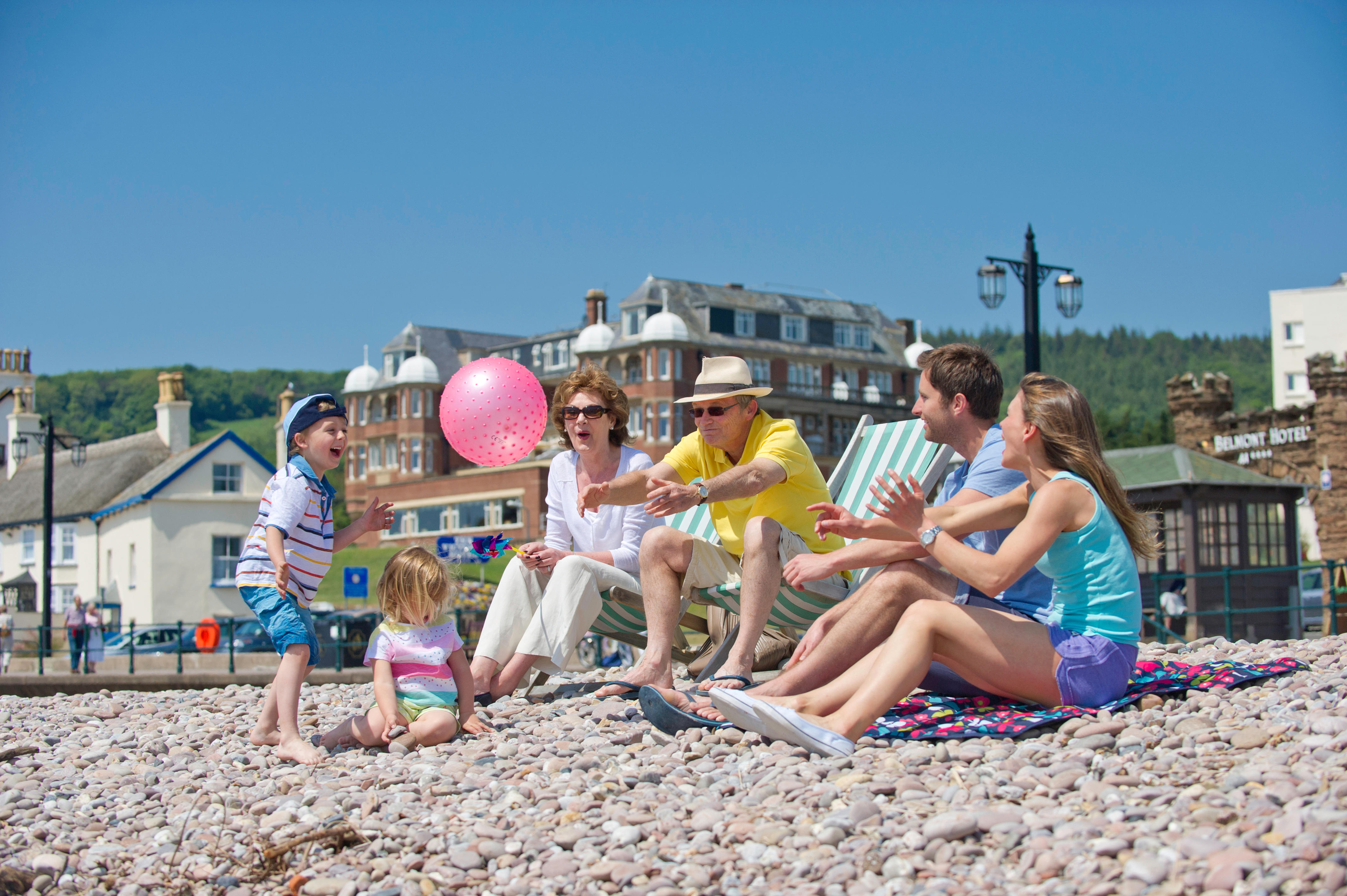
For couples, ‘tag team parenting’ is a great way to split the childcare load and make sure each parent gets some chill time.
“Don’t make a chart,” Durrant says, “but loosely plan that you’re going to perhaps alternate between you and your partner who is getting the lie-in and who isn’t each day, or when you both get an afternoon to yourselves whilst the other one takes the children out.”
Frame it to the children as ‘special time’ with one parent – that way they don’t feel like you’re wanting a break from them, she adds. “And make sure to factor in some family time with all of you too, as that’s what holidays with kids are all about.”
If you’ve got friends or family members on the holiday with you, ask if they could babysit so you can plan a date night with your partner.
Ensure you also alternate between what your children want to do and what you and other adults want to do.
For example, on Friday, you can go to Cedar Point. On Saturday, you can go to a Museum. If amusement parks are a bit over your budget, you can get Cedar Point ticket deals from discount websites or by signing up for emails from the park themselves.
Bedtime bliss
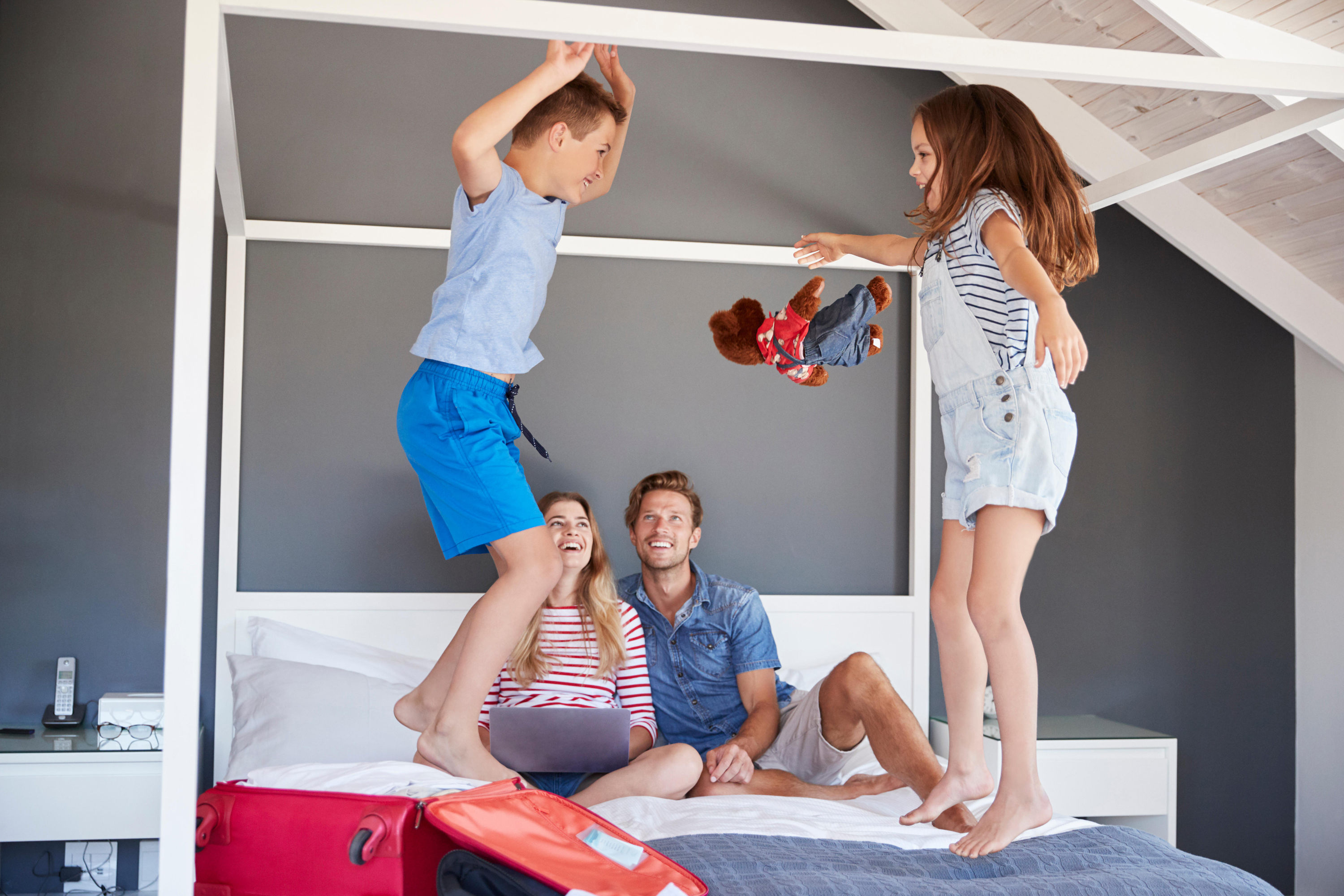
“Sleep and the change in routine is another aspect that can be tricky on holidays,” says Durrant. “Often in hot weather, children find it harder to go to sleep early and the change in routine and environment might mean that a toddler that still normally has a nap, skips it for the holidays.”
If you can stick to your usual bedtime routine with the children, great – but don’t stress too much if it all goes out the window when you’re away.
Durrant recommends: “Taking home comforts like their favourite blanket or soft toy might help, helping to make sure they are cool enough before bed too. But remember you’re on holiday, don’t get too worried about their official bedtime. A couple of later nights on holiday isn’t likely to do them any harm.”
Holiday hazards
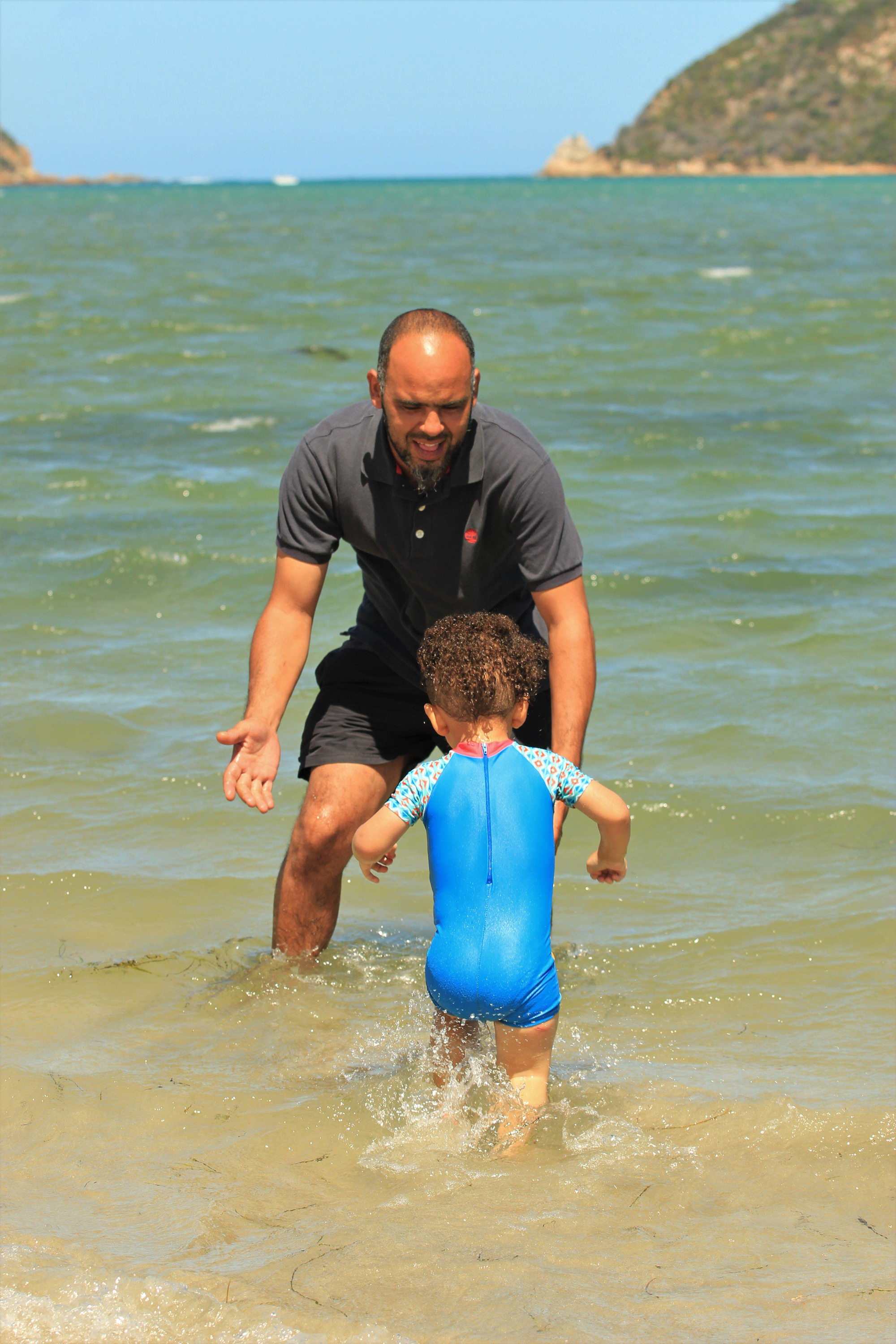
Sun, sea and swimming pools bring with them additional safety risks, which can add to the stress for parents.
“Stick to a good routine with sun-cream, so you know when you’ve applied it and when they need more – make it a bit of a game with them and not a chore,”
Durrant says. “Dress them in cool clothing with a sun hat and keep them out of the sunshine during the peak hot part of the day – maybe try and persuade them to have a siesta at lunchtime.”
As for pool and seaside safety, she advises: “Always make sure you’re supervising them and have them within reach by the pool or any open water. Make sure they are aware of the rules around being near the water and ensure whoever is supervising them can keep them safe.”

